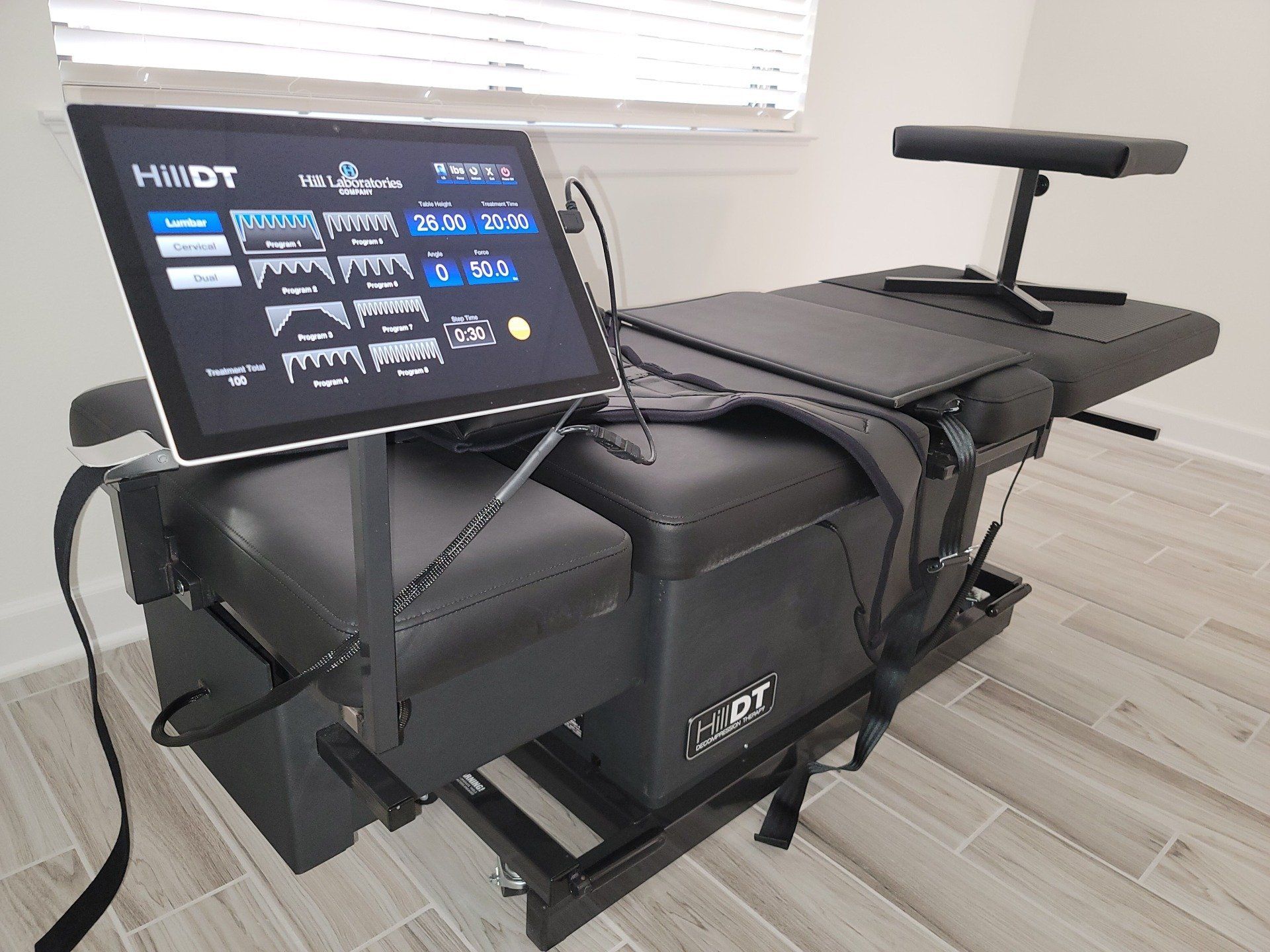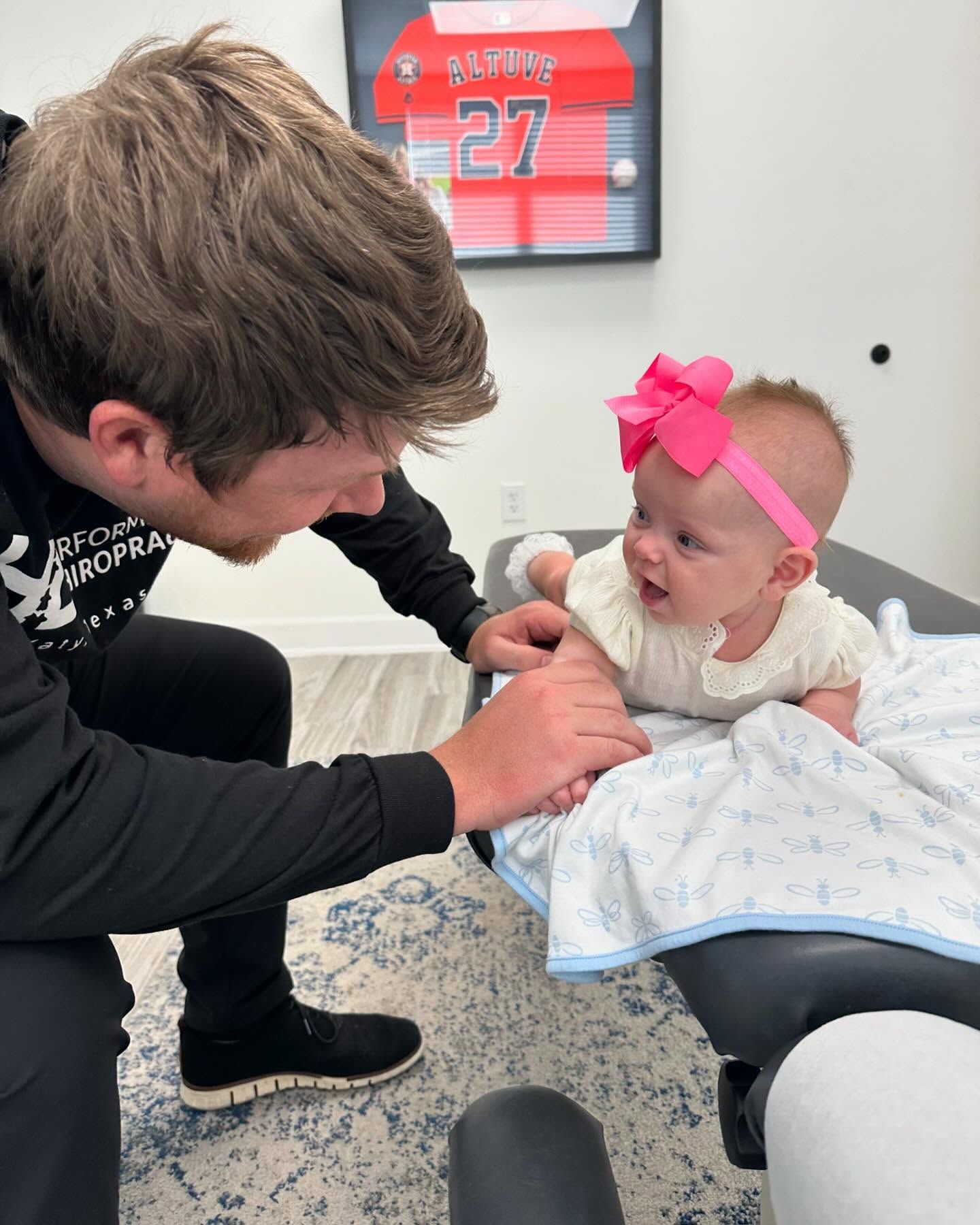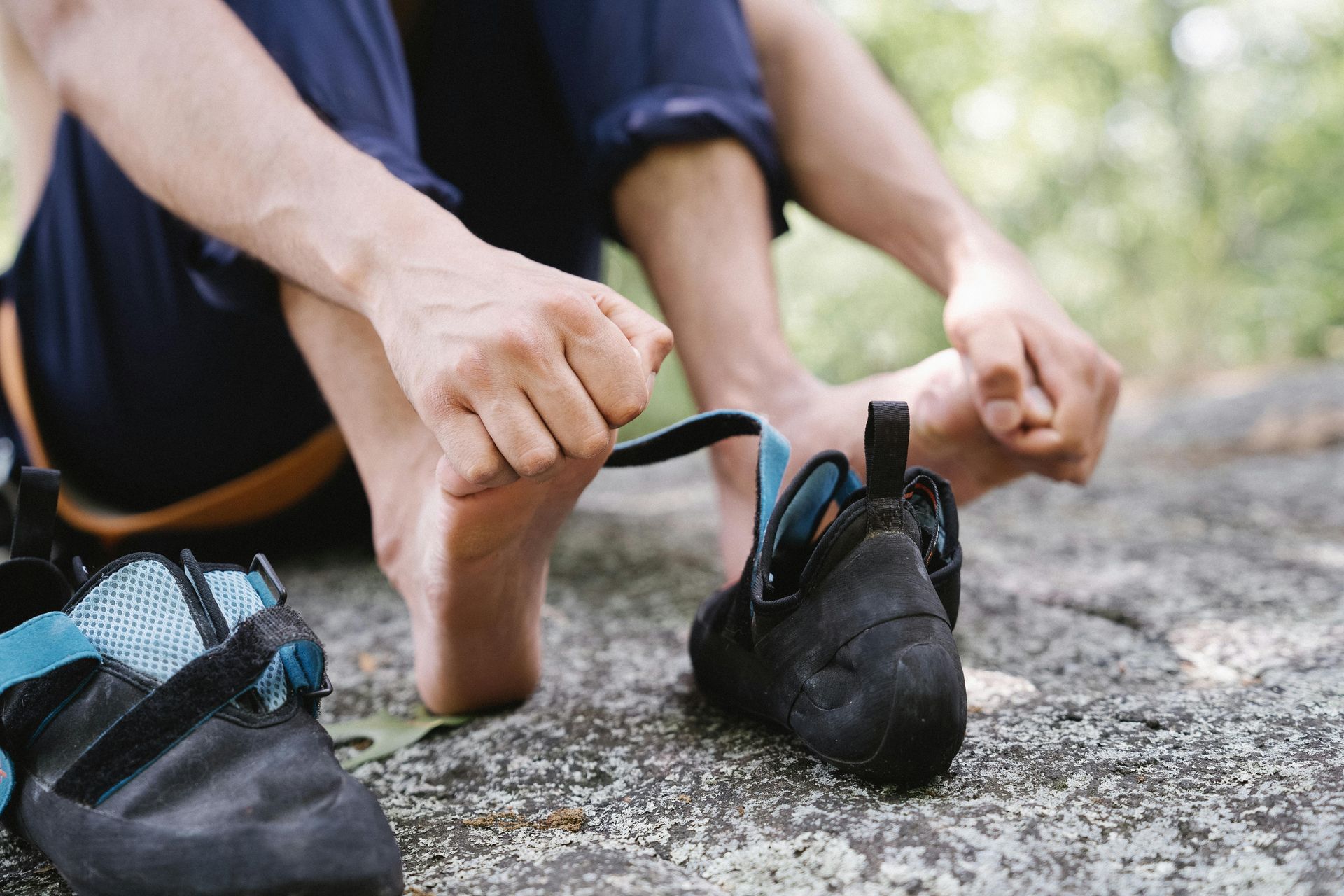Tight Hip Flexors and Baby Gas: Could This Be the Cause of Your Little One’s Discomfort?
Tight Hip Flexors and Baby Gas: Could This Be the Cause of Your Little One’s Discomfort?

As parents, we are always on the lookout for ways to keep our babies comfortable and happy. If your little one seems extra fussy, dealing with frequent gas, or struggling with tummy discomfort, you might not immediately think about their hips—but there could be a surprising connection. Tight hip flexors, a common issue in babies, may contribute to digestive discomfort, including gassiness.
Understanding Tight Hip Flexors in Babies
The hip flexors are a group of muscles that connect the lower spine and pelvis to the thigh bone, allowing movement like bending and lifting the legs. However, some babies may experience tightness due to:
- Spending extended time in certain positions (e.g., car seats, swings, or cribs)
- Limited tummy time, which is very important for core and hip mobility
- A natural preference for fetal positioning after birth
- Developmental conditions such as hip dysplasia
When hip flexors become tight, this can impact their movement patterns, posture, and even digestion.
The body's musculoskeletal and digestive systems are closely connected. Tight hip flexors can impact digestion in babies by:
Restricting Abdominal Movement – The psoas muscle, a major hip flexor, runs alongside the digestive tract. When it's tight, it can create tension in the abdominal area, leading to bloating and discomfort.
Limiting Natural Leg Motion – Babies often use leg movements to help expel gas. If their hip flexors are tight, they may struggle to move their legs freely, making it harder for them to relieve trapped gas.
Affecting the Vagus Nerve – This nerve aids in digestion and can be influenced by muscle tension. Tight hip flexors can contribute to nervous system imbalances that slow digestion and make gas buildup more uncomfortable.
Chiropractic Care and Gentle Stretches for Relief
If you suspect your baby has tight hip flexors and is struggling with gas, there are ways to help:
🔹 Gentle Chiropractic Adjustments – A chiropractor trained in pediatric care can help relieve tension around the spine and pelvis.
🔹 Baby Massage – Gentle belly rubs and leg massages can help relax tight muscles and stimulate digestion.
🔹 Bicycle Kicks – Moving your baby's legs in a cycling motion can encourage flexibility and help them pass gas more easily.
🔹 Tummy Time – Encouraging tummy time strengthens the core and hip muscles, preventing tightness from prolonged lying positions.
Tight hip flexors may not be the first thing that comes to mind when dealing with baby gas, however, they can play a major role in digestive discomfort. Addressing hip mobility through gentle chiropractic care, movement, and massage can help your little one feel more comfortable and content. If your baby is frequently gassy or fussy, a chiropractic visit might be a helpful step forward!










